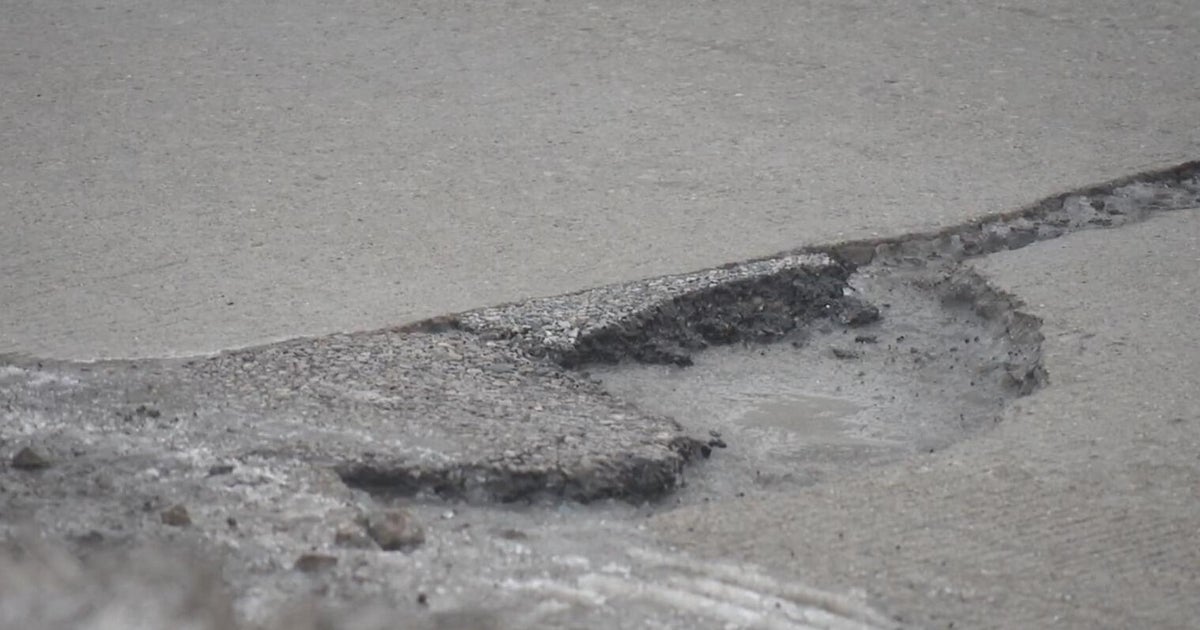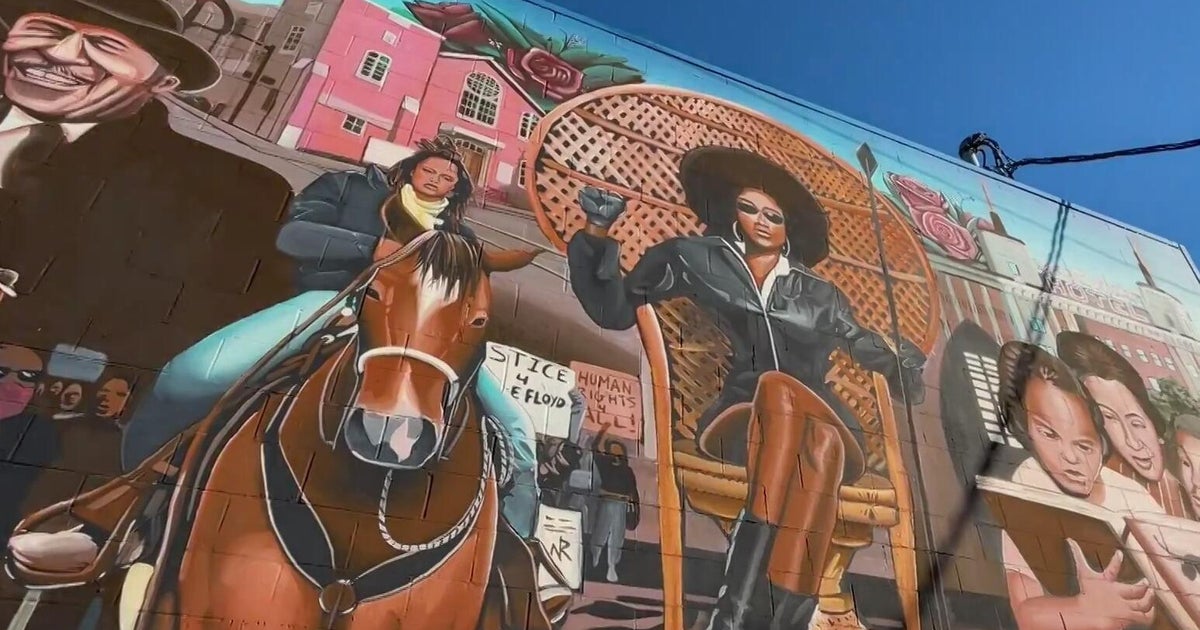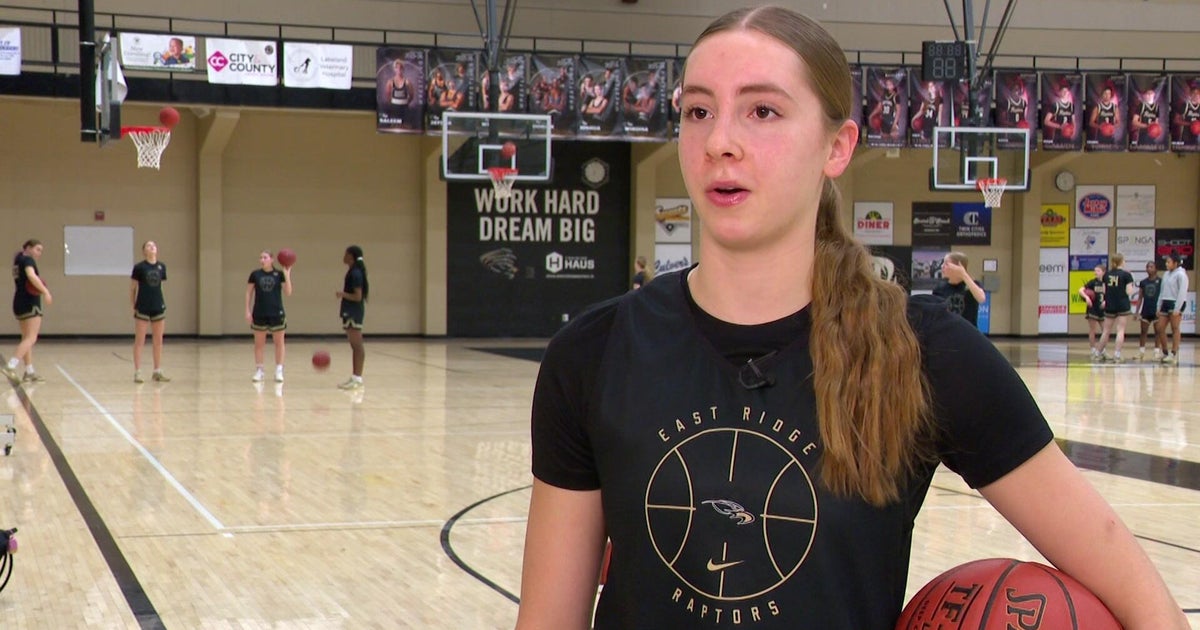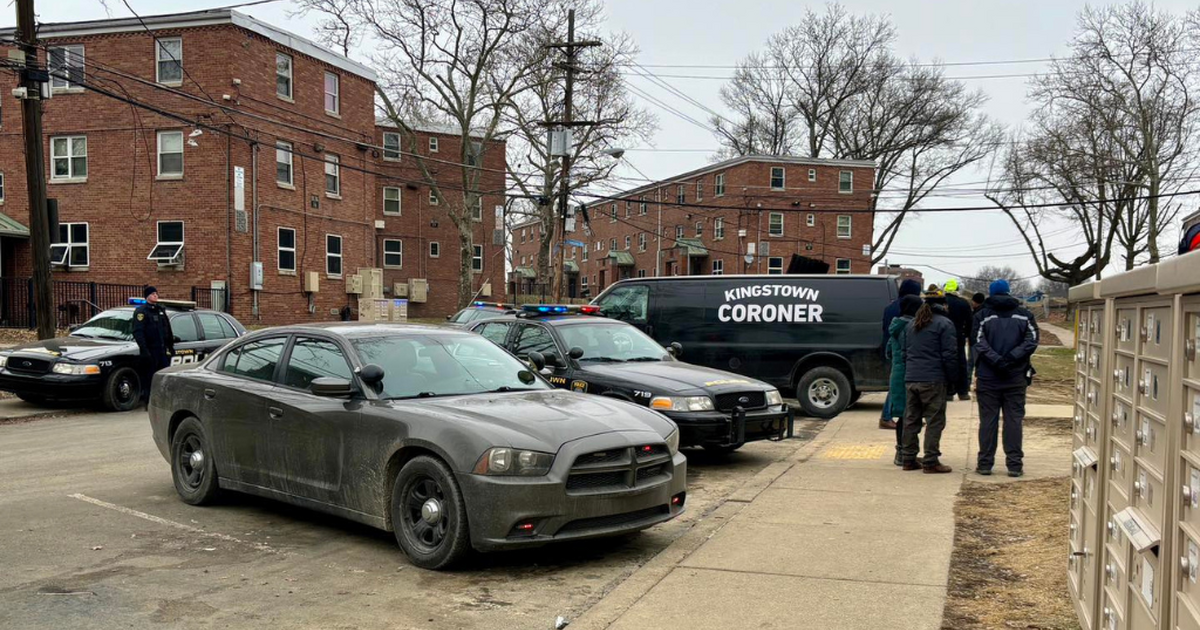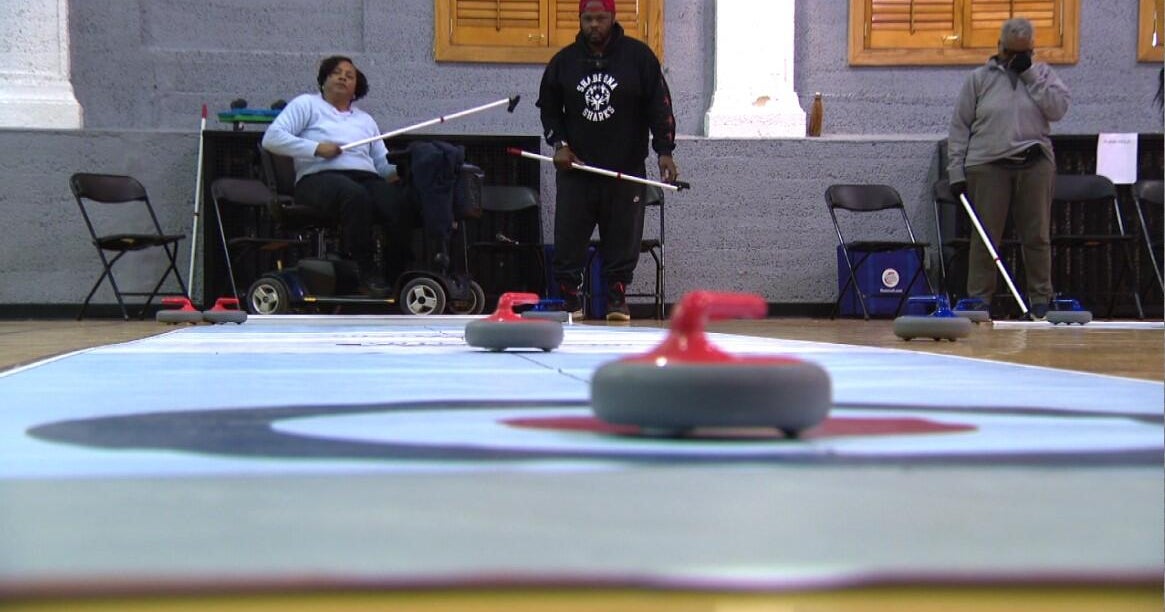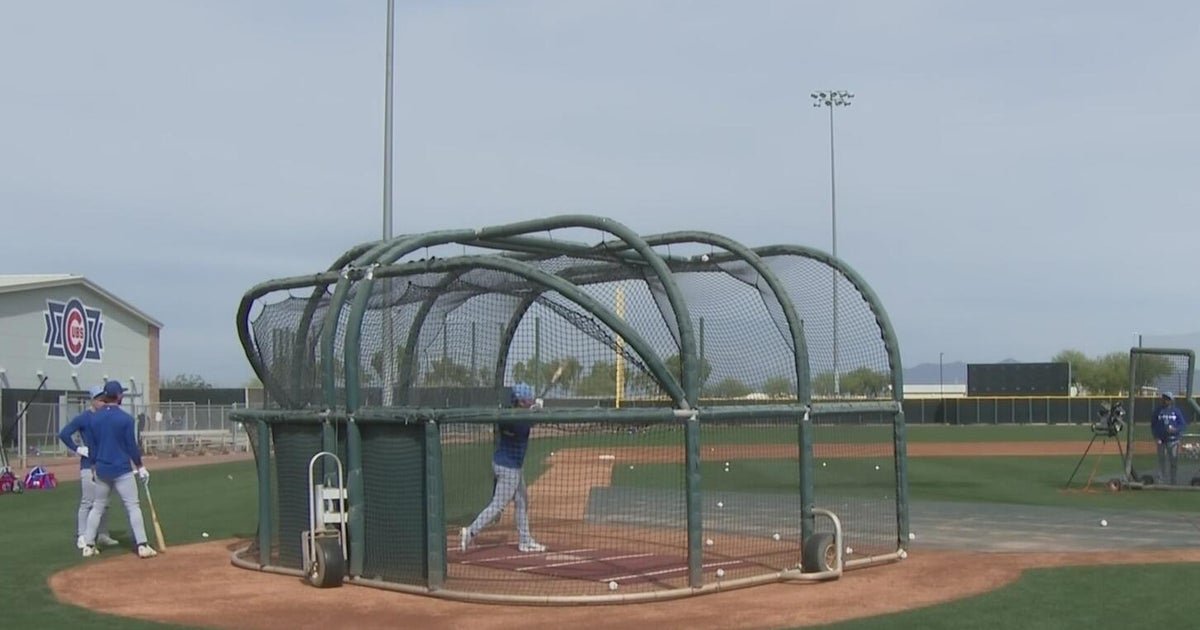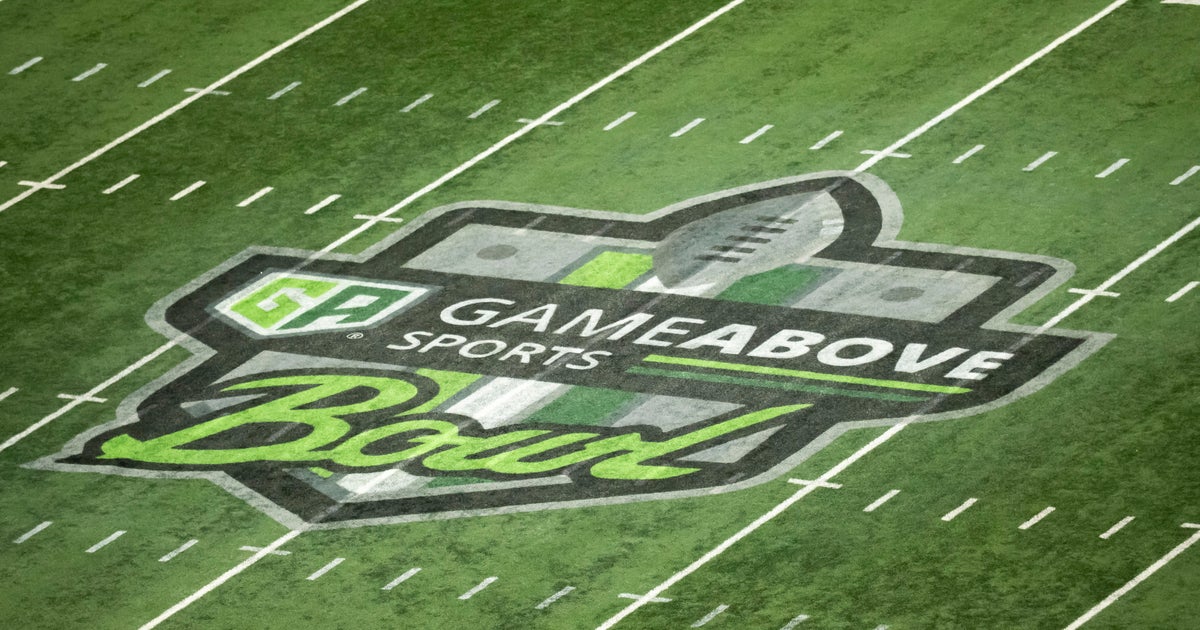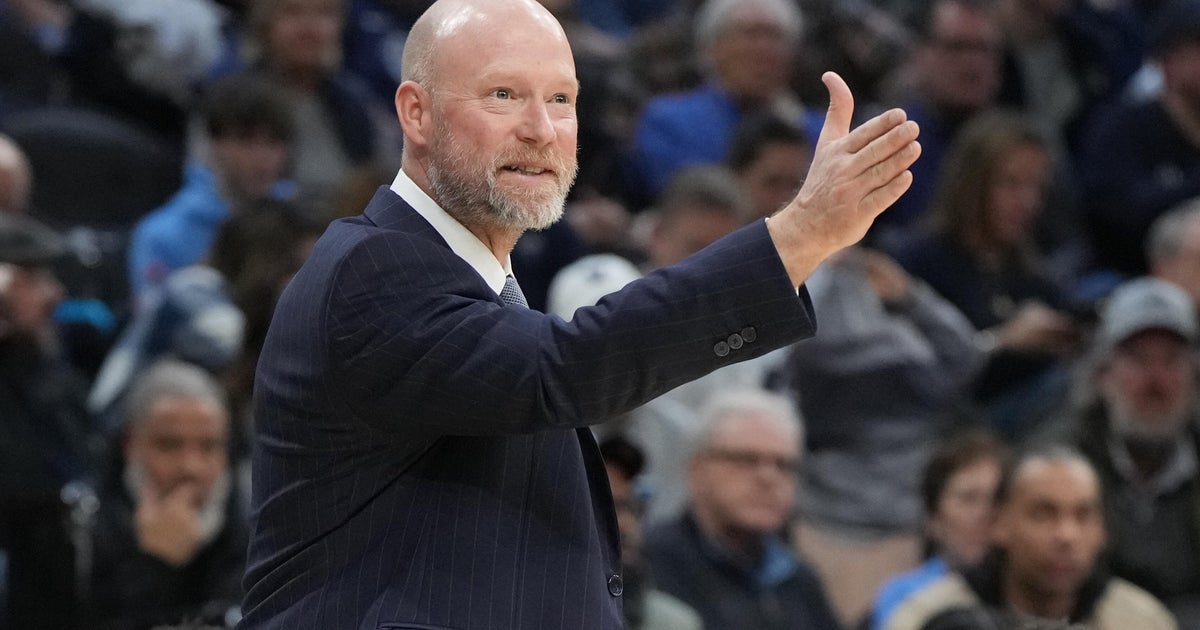The Rough Road To 'Armstrong Lie'
BEVERLY HILLS, Calif. (AP) - When Alex Gibney set out to make a movie about cyclist Lance Armstrong's 2009 Tour de France comeback, the documentarian admits he bought into the hype: The man who'd cheated death was coming back to reign supreme - and clean.
"All of us fans wanted to believe," said Gibney, who directed this summer's well-received documentary "We Steal Secrets: The Story of WikiLeaks." "You want to root for people. That is what sports are all about."
In fact, it was such a positive film, Armstrong himself was a financial participant in the project.
Then in 2011, things changed. The "feel-good movie," as Gibney called the original version of his documentary, was nearly finished when Armstrong's ex-teammates, Tyler Hamilton and Floyd Landis, began going public about Armstrong's doping.
That same year, Armstrong faced a U.S. government investigation into doping allegations. Then in 2012, a federal Anti-Doping Agency report alleged Armstrong and his U.S. Postal Service-sponsored team used performance-enhancing drugs.
It had become all too clear - Gibney needed to change the fabric of his film. What had been titled "The Road Back" became "The Armstrong Lie," which opens Friday.
"It was a lie that was hiding in plain sight," said Gibney. "But you don't want to doubt."
Suspicions about Armstrong's drug use actually began to surface in 2005, after former Armstrong teammate Frankie Andreu and his wife, Betsy, testified in a lawsuit about a drug confession they heard Armstrong make while hospitalized in 1996 during his bought with cancer. (Armstrong later did his best to ostracize Frankie Andreu from the cycling world.)
"Most of the facts had been revealed a long time ago," said Gibney in a recent interview at a Beverly Hills hotel. "The question was if they had been revealed, then how did Lance maintain that they weren't true? That is what the film is about."
Sitting with Oprah Winfrey in January of this year, Armstrong admitted to using performance-enhancing drugs to win the Tour de France seven times, titles that have since been revoked. Gibney was there as the interview was shot and insisted that Armstrong come clean in front of his camera, too.
"A long interview was hard to get in the wake of Oprah because that interview hadn't done for him what he wanted it to do," said Gibney. "He wanted his fans back. It didn't work out that way. But I was moving forward with other people like Betsy (Andreu, who appears in the film). I think that was the reason he ultimately agreed to sit down: He wanted to feel a sense of control over his story and he knew that without his voice, things might go worse."
"You have to call a fraud a fraud," said Betsy Andreu in a phone call from her home in Dearborn, Mich. "Lance tried to use cancer to shield himself, but in my opinion, that is how he got the cancer - using all of those drugs. Growth hormones fuel cancer" - a theory increasingly supported by medical research.
Has Armstrong tainted the cycling world forever? "That's the hard part," said Gibney. "We want (athletes) to be superhuman, but we are surprised when they dope. That, to some extent, is where it falls back on us."
Though Armstrong has no plans to see the film - he sent his representatives instead - the disgraced cyclist will receive a portion of the film's proceeds. "When the original deal was made with Sony, Lance had a financial participation," Gibney explained.
Last interviewed by competitive cycling site Velo News, Armstrong said in an October article he will "pay a heavy price" for what he's done. But moving forward, he said, "Folks should expect the truth, the whole truth, and nothing but the truth."
Through his spokesman, Armstrong declined to comment for this story.
Will Armstrong ever confirm what the Andreus said they heard in the hospital room in 1996? When did Armstrong actually start doping? "He wouldn't tell me," said Gibney.
"We assumed Lance started using after cancer and then started winning the Tour de France, but we know he started using drugs back in 1993," said Gibney. "But if the drugs were so good, why couldn't he win the tour back then?"
And what about the speculation that Armstrong was in cahoots with the sanctioning body Union Cycliste Internationale, and the talk about doctored race times? Gibney said the questions still linger for him.
"There is an element that Lance is hinting at but hasn't come clean on, which is how the mechanism of the sport worked to keep his secret for so long," said Gibney. "He worked hand in glove with the UCI and sponsors. Everybody was getting paid" -- a point also suggested in the film but yet to be proven.
We may never know the answers to these questions but Gibney says he never stopped pushing for answers while making his film, which has received high marks from most critics.
"Lots of people were doping in cycling," he said, "but the lie is what was really problematic with Lance's story. He'd made cancer survivors complicit in his lie and the media bought in. As Betsy says in the film: `The doping was bad, but the abuse of power was worse."'
(© Copyright 2013 The Associated Press. All Rights Reserved. This material may not be published, broadcast, rewritten or redistributed.)
Latest News:
Top Trending:
- Woman Forced To Strip And Serve Jail Time For Overdue Ticket
- Veteran Wants Flag Vandals To Take Responsibility For Crime
- Lightning Strikes Man Twice At Rednecks With Paychecks
- Sleepy Driver Crashes Into Mattress Store
- Jerry Jones: 'London Could Be An Expansion'
- PHOTOS: Your Pet Pictures
